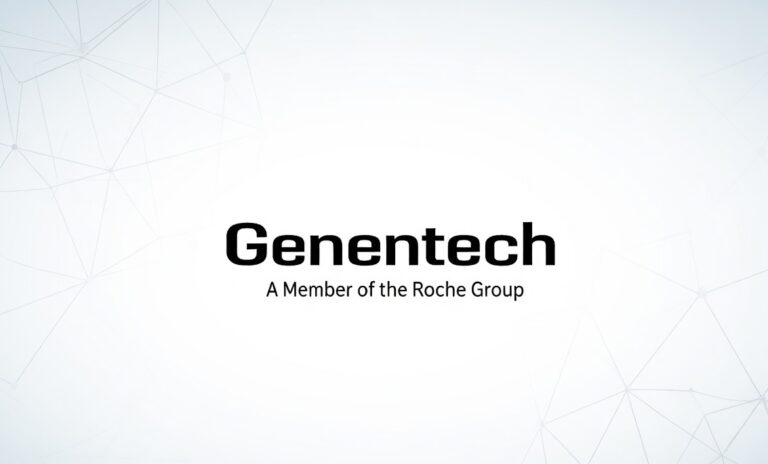
Applied Therapeutics, the biopharmaceutical company focused on developing treatments for rare diseases, recently received a warning letter from the U.S. Food and Drug Administration (FDA) following concerns raised about the conduct of its clinical trial for govorestat. The letter, issued after the company failed to secure approval for govorestat in galactosemia, pointed out multiple issues, including dosing errors and problems related to electronic data capture. These concerns were flagged during an FDA inspection conducted between April 29 and May 3, 2024, and the agency outlined these findings in its warning letter.
The FDA raised several serious concerns in the letter, particularly regarding the company’s failure to provide complete and accurate information about the trial. The regulator noted that Applied Therapeutics had not allowed authorized FDA officers to access, copy, or verify the trial records. Additionally, the company failed to provide a full description and analysis of any other data relevant to assessing the safety and effectiveness of govorestat. The warning letter emphasized that these shortcomings were considered “objectionable conditions” and outlined “significant findings” during the inspection.
One of the most concerning issues raised was a dosing error that affected at least 19 patients at one of the trial sites. These patients received a lower dose of govorestat than what was specified in the clinical trial protocol. Despite this error, Applied Therapeutics did not fully disclose the nature or extent of the dosing discrepancies to the FDA. Instead, the company reported the doses as stated in the protocol, rather than the actual doses administered to patients. This failure to accurately report the dosing error further exacerbated the concerns raised by the FDA.
The FDA’s warning letter indicated that Applied Therapeutics did not adhere to the requirements set out in the Federal Food, Drug, and Cosmetic Act, as well as the relevant regulations governing clinical trials. The agency expressed that the company’s actions undermined the integrity of the trial and the information submitted regarding the drug’s safety and efficacy.
In response to the warning letter, Applied Therapeutics stated in its SEC filing that it had already addressed these issues in prior communications with the FDA. The company emphasized that detailed records had been maintained in compliance with FDA regulatory requirements and that the necessary information had been provided to the agency. Furthermore, Applied Therapeutics confirmed its intention to respond to the warning letter within the next 15 business days, as per the FDA’s instructions.
Govorestat is a brain-penetrant small molecule drug candidate that targets and inhibits the action of the aldose reductase enzyme. This enzyme plays a key role in converting galactose into galactitol, a toxic metabolite. In patients with galactosemia—a rare genetic disorder that affects approximately 3,000 individuals in the U.S.—the inability to properly break down galactose leads to the accumulation of galactitol, which can damage the nervous system. Symptoms of galactosemia include cognitive, behavioral, and motor problems, and there are currently no approved treatments available for the disease.
Despite the promising mechanism of action for govorestat in treating galactosemia, the FDA rejected the drug for approval, citing deficiencies in the company’s new drug application. The rejection has prompted Applied Therapeutics to engage with the FDA to discuss the next steps and to determine the best path forward for govorestat. The company is focused on addressing the FDA’s concerns and hopes to continue its efforts to develop a treatment for galactosemia, a condition with significant unmet medical needs.
The warning letter adds to the company’s challenges, but Applied Therapeutics remains committed to resolving the issues and advancing the development of govorestat. The company’s response to the FDA will likely be a crucial factor in determining the future of the drug and its potential to provide a much-needed treatment option for patients with galactosemia.





